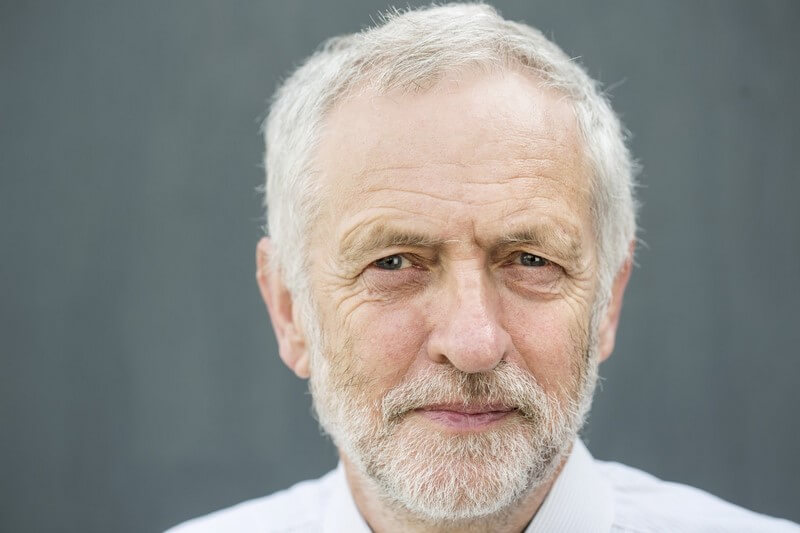Whilst it may be correct that advocates for Mr Corbyn may be the most appreciative audience for Ken Loach's latest documentary, this is, much more importantly, a short movie designed for those who have forgotten or misdirected their rage. Those who are, hypothetically, on the political left but have found themselves stranded by the chaos of the last few months, and those who have wavered, may be the group who most need this movie to be.
During the ongoing leadership campaign, many of us within Labour have found our fury misdirected - phony outrage has spewed up from our souls as we feign indignation at the MP's love of jam and of his fondness for Ulysses. When a society is broken like ours, we have no time for such self-indulgent narcissism we have shamefully sown - our passions must, instead, be turned to those who need us most and our vitriol targeted to those who ensure that the weakest in our communities carry the greatest weights.
This is a film which shows who exactly we are fighting for when we engage in politics; although the features' title may bear Corbyn's name this isn't exclusively, or even primarily, about him. To hold a successful conversation one must listen as much as, if not more than, one should speak - this is, then, a film predominantly about Labour's leader listening to people and their concerns, their struggles, their hopes and their fears too. The cameras give us this same access and, as we witness ordinary people communicate their dreams we become part of the conversation through empathy.
Throughout the movie we hear a wide array of individuals address their concerns to the camera, to Corbyn and, therefore, to us. The chair of Disability Labour speaks of how the social security cuts imposed under the Conservative government have impacted on his life - we're reminded in this moment of Labour's hesitancy to challenge these austerity measures and we note to ourselves how we, as a party and a community, can never lose our humanity in this way again. The common enemy of the left, we remember, isn't a 67 year old man championing the rights of the dispirited; its the wicked individuals who care not for the victims of their unquenchable avarice, the ones who perpetuate the "scrounger" and "dosser" narrative on those they stamp on.
We're introduced to students who are afraid of the humongous debt they will accrue; veterans of the armed forces who can't get sufficient access to mental health care ("I feel like my mental health was swapped for a few barrels of oil"); charity workers unable to help the homeless. That we've expended energy on attacking politicians for not bowing deeply enough instead of addressing these problems constitutes a profound shame, a repugnant stain smeared on our nation's character.
Our efforts should be addressed at righting these wrongs and we should do so together. We live in an unjust society - and it doesn't need to be this way. As Corbyn says in the film: "Great people don't go off and achieve things on their own. Ordinary people achieve things because all of us come together to make sure that we all benefit from it. When you bring people together, you achieve things. When you divide people, we all lose."
Yet, despite quoting the Islington North MP in the last paragraph, what Corbyn says is not the most important thing here by any stretch. What we see in Loach's film is not just one conversation and nor are the ones we do see are at all complete - this documentary is the start of many talks we, as a nation, need to have and it is important, above all else, to add your voice to them. Loach and Corbyn are inviting you to join, they're requesting us to speak and to listen too and, in doing so, to turn the bleakness around us into something we can all radiate in.
During one passage of the movie, we see Corbyn addressing an assembled throng of people at one of his many rallies this summer. His voice speaks of the situation of the day but, simultaneously, of the country we could live in if we come together for the benefit of each other:
"We've done well today - the rain has stopped and the sun has come out. What's better than that?"
The full film is available below:


No comments
Post a Comment